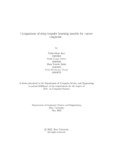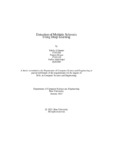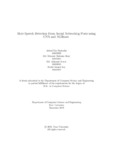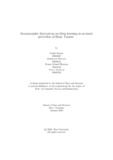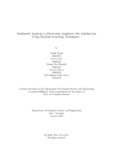Browsing by Subject "Convolutional Neural Network(CNN)"
Now showing items 1-5 of 5
-
Comparison of deep transfer learning models for cancer diagnosis
(Brac University, 2022-05)Cancer is known to be one of the most lethal diseases among all the diseases in the world. It is clinically known as ’Malignant Neoplasm which is a vast group of diseases that encompasses unmonitored cell expansion. It ... -
Detection of multiple sclerosis using deep learning
(Brac University, 2021-01)Accurate detection of white matter lesions in 3D Magnetic Resonance Images (MRIs) of patients with Multiple Sclerosis is essential for diagnosis and treatment evaluation of MS. It is strenuous for the optimal treatment of ... -
Hate speech detection from social networking posts using CNN and XGBoost
(Brac University, 2019-12)The increasing growth of social networks and microblogging websites have enabled people from different backgrounds and diverse moral codes to communicate with each other quite easily. While social media promotes communication ... -
Homomorphic encryption on deep learning in accurate prediction of brain tumour
(Brac University, 2023-01)The brain is the most complicated organ that manages every bodily function as well including intellect, memory, emotion, taste, motor skills, vision, respiration, temperature, and appetite. Any type of disease or damage ... -
Sentiment analysis to determine employee job satisfaction using machine learning techniques
(Brac University, 2023-01)Over the past three years, the COVID-19 epidemic had a significant impact on the labor market. Employees have been laid off and the majority of them have changed careers. If they can collect more datasets in the future, ...

